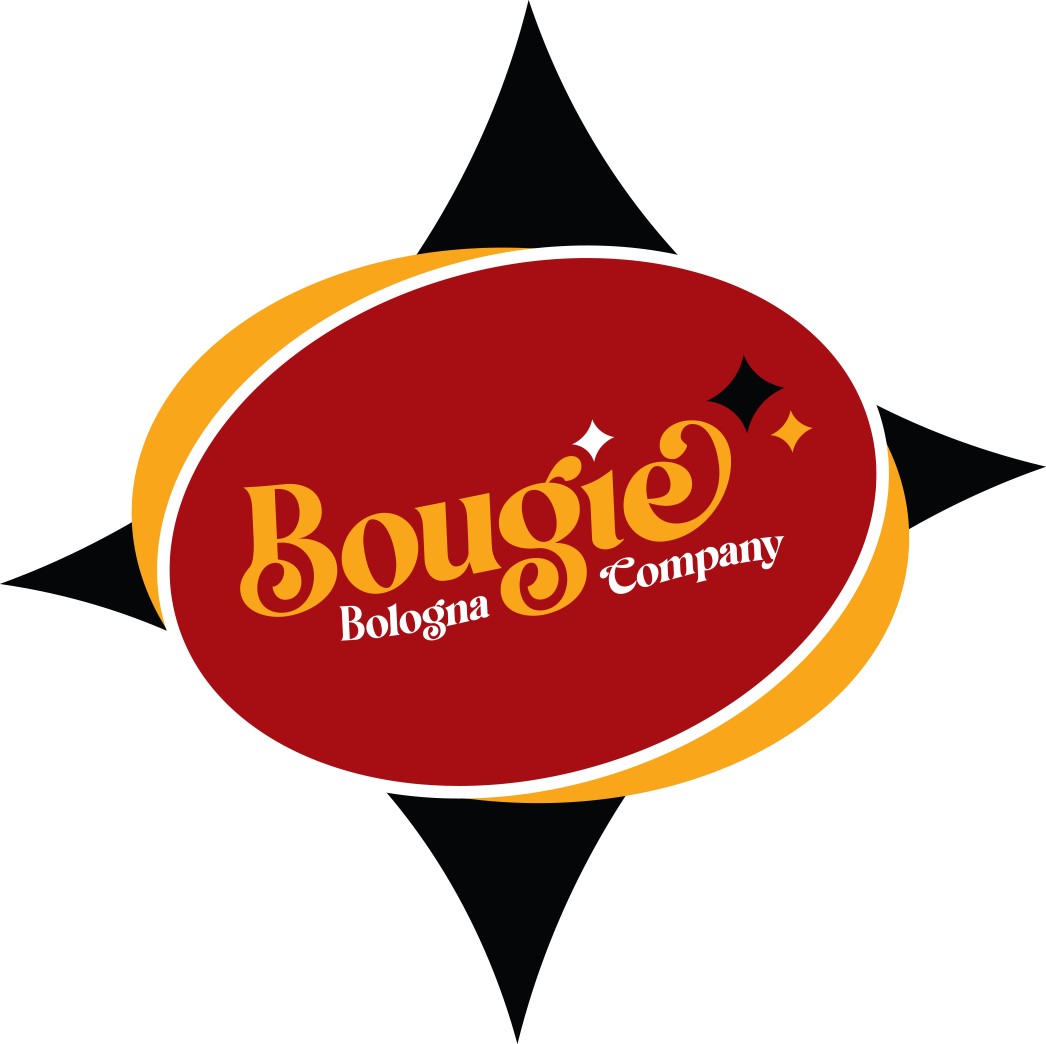Whether or not you have adopted it or invested in it, you’ve probably heard a lot in the past few years about cryptocurrency, like market-leader Bitcoin.
More recently, you’ve probably heard a lot of buzz about NFTs: digital versions of artworks that are all the rage in sophisticated tech savvy circles and are sold online and can be purchased only with crypto.
Are you able to wrap your mind around either of these concepts? Is it important to understand really what they are and how they work? Is it all just a passing fad or is it the future pathway to wealth as crypto advocates claim? If so, should you get in the market now while the getting’s good?
Stephanie Riegel puts these questions to Will Haynie, founder and co-owner of Pelicoin. Pelicoin is a network of secure cryptocurrency ATMs with more than 35 machines in five states in the South.

Will Haynie, co-founder of crypto currency ATM network, Pelicoin
Will and his brother founded Pelicoin in 2016, after playing around in the Bitcoin market for several years prior, and it has quickly grown to become the largest network of cryptocurrency ATMs in the Gulf South.
Pelicion’s ATMs enable users to quickly and securely turn cash into cryptocurrencies like Bitcoin, Litecoin and Ethereum. Will is a native of Shreveport and a graduate of LSU, who has been involved with several business ventures and has lived and worked in Richmond, Nashville, Alaska and Zambia.

Mya Parker, Baton Rouge’s most successful NFT artist
Mya Parker is a Baton Rouge NFT artist. She’s 15 years old and a student at Zachary High School, where among other things, she is a self described “mature investor” who is building wealth through the sale of her digital art as NFTs.
If you’re not totally clear what an NFT actually is, it’s simply a piece of art that is created digitally, on a computer, rather than on a canvas. You can think of it as something you’d do in Photoshop. Some NFTs are complex and kinetic while others are simple static line drawings. The biggest to date are a series of images called Bored Apes who have their own nautical-themed society called the Bored Ape Yacht Club.
Mya got into the NFT market in 2021 and already is selling her NFTs, which is actually a big deal. Most of the hundreds of thousands of NFTs on NFT marketplaces like Open Sea sit there forever and never sell.
From the outside, Baton Rouge might seem like the capital city of the state that is consumed by politics, the LSU Tigers, and complaints about gridlocked streets. But we’re also on the cutting edge of technology, futuristic finance, and art.

Stephanie Riegel sorts out NFTs and crypto on this edition of Out to Lunch Baton Rouge
Out to Lunch is recorded live over lunch at Mansurs on the Boulevard. Photos by Erik Otts .
There’s more lunchtime conversation about Baton Rouge’s unique and perhaps surprising place in the worldwide NFT marketplace at https://itsbatonrouge.la/2022/03/16/token-travel/


